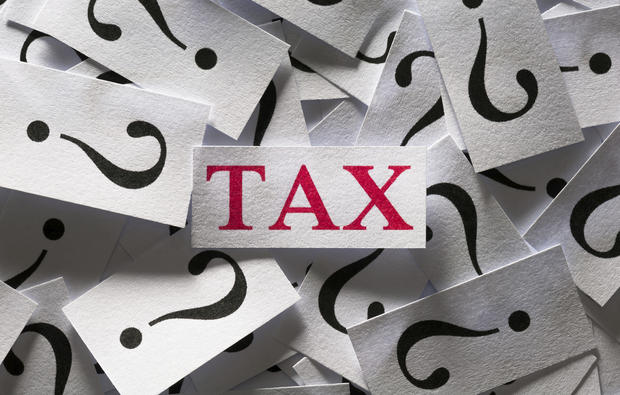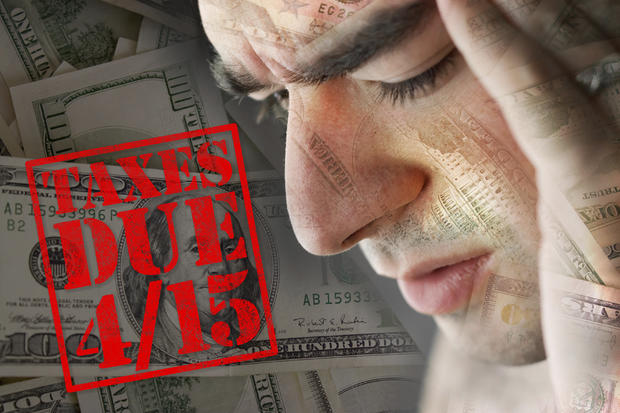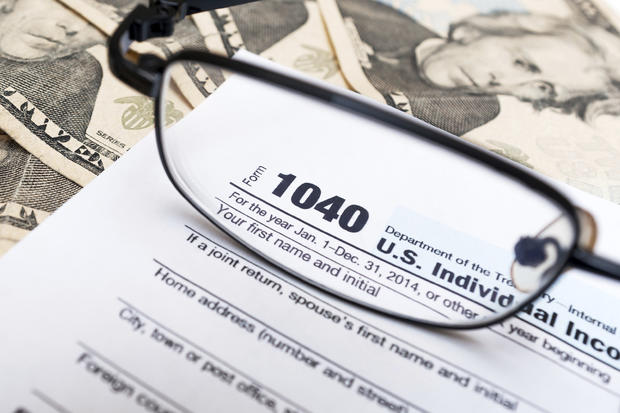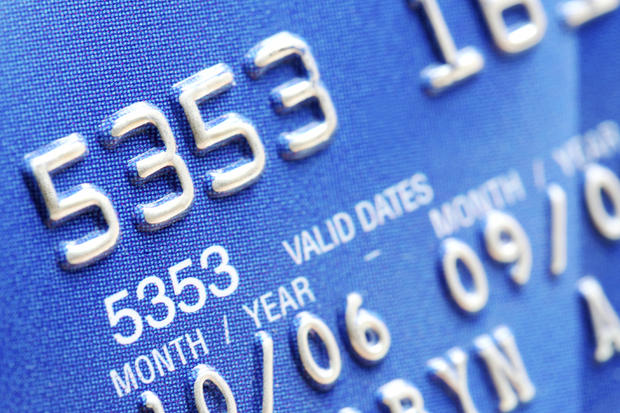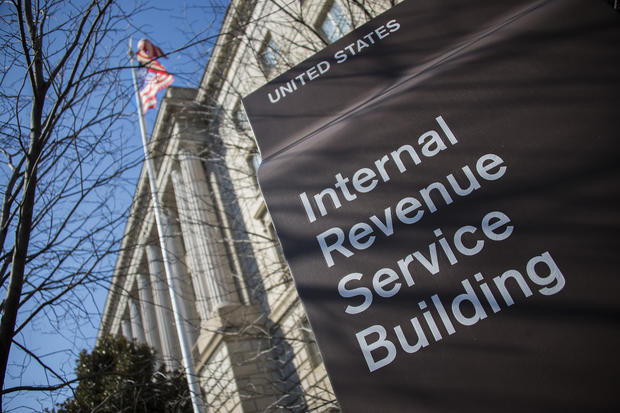9 things you need to know before paying your tax bill
If you didn't withhold enough money from your paycheck this year -- or if you've received a 1099 in the mail from your contract work or side business -- you're probably going to owe money to the government. And if you don't pay that tax bill by April 15, you'll rack up interest and penalties that will only make it harder to settle the balance. (If you don't pay at all, of course, you risk an audit and the collection process.)
Better to avoid all that and make sure your check's in the mail by Tax Day.
As April 15 approaches, here's everything you need to know before you pay your tax bill.
When is your tax bill due?
Your taxes are due by April 15. Even if you file an extension, you'll still need to pay the amount you think you'll owe by that deadline, or face penalties. Don't lowball that estimate, either -- the IRS might send it back if it's unreasonably small.
Where and how do you pay your bill?
If you can pay your tax bill in full, the IRS strongly recommends using Direct Pay to take care of your bill immediately. Payment is taken directly from your bank account through a secure service, and you'll get an immediate confirmation number that you can print out for your records.
You can also choose to pay by sending a check or money order through the mail. Make it payable to the United States Treasury and provide your name, address, daytime phone number, SSN, tax period and form number on the front of your payment.
Credit card payments have fees
If you choose to pay your tax bill with a credit card, it's important to realize you'll be on the hook for all processing fees. Depending on the processor you choose, the fee varies from 1.87 to 2.35 percent. Fortunately, that fee can be listed as a miscellaneous itemized deduction on your taxes next year.
The other caveat with using your credit card to pay off a large tax bill: Don't do it if you won't be able to pay off your credit card statement in full the next month. The interest the IRS charges on a tax bill payment plan is likely much, much lower than the interest rate on your credit card.
Debit card is a much better option
Paying your tax liability with a debit card is a smarter option, as the fees are small in comparison to credit cards. Depending on the payment processor you choose on the IRS website, the transaction fee ranges between $2.49 and $3.50.
An extension to pay is available
The IRS offers an extension period of up to 120 days to pay your tax bill in full. While an extension is free to setup, you'll still accrue interest and monthly penalties until your debt is paid in full. Call the IRS to request your extension at (800) 829-1040 (individuals) or (800) 829-4933 (businesses), or use the Online Payment Agreement application on the IRS's website.
Look into installment payments
If your tax bill is more than you can handle right now, you have installment options, too.
First, if you know you'll be able to pay in full within the next 120 days, and owe less than $50,000, file for a payment extension using the previously mentioned methods. Otherwise, from the IRS website, these are your installment payment options:
- Direct debit from your bank account
- Payroll deduction from your employer
- Payment via check or money order
- Payment by Electronic Federal Tax Payment System (EFTPS)
- Payment by credit card via phone or Internet
- Payment by Online Payment Agreement (OPA)
Second, if you won't be able to pay your bill in full within the next 120 days, or owe more than $50,000, you'll need to follow the instructions found on Form 9465.
How to negotiate an "offer in compromise"
An offer in compromise with the IRS allows you to settle your tax bill for less than what is owed. This should be a last resort and something worth seeking professional advice on; your financial advisor can help guide you when creating a realistic lump-sum offer, which the IRS will evaluate based on your income, expenses and assets. You also need to be current with all filing and payment requirements before the IRS will consider an offer in compromise. To see if you are eligible, the IRS offers an Offer in Compromise Pre-Qualifier.
Innocent spouse relief is available
If you have a tax bill stemming from something your spouse or former spouse did, and you had no idea you were signing an erroneous joint tax return, you could have a way out. The IRS has Form 8857 (Request for Innocent Spouse Relief) to guide you through the process of determining tax liability. The IRS will examine your petition and contact your spouse or former spouse, allowing them the opportunity to participate in the process. Once all information is gathered, the IRS will make a decision and inform you and your spouse in the form of a preliminary determination letter.
How to dispute your tax bill
If you disagree with the amount of tax the IRS claims you owe, you can dispute it by filing a written protest. Find IRS instructions here. It's important to have documented records and evidence to support your case before officially disputing your bill.
